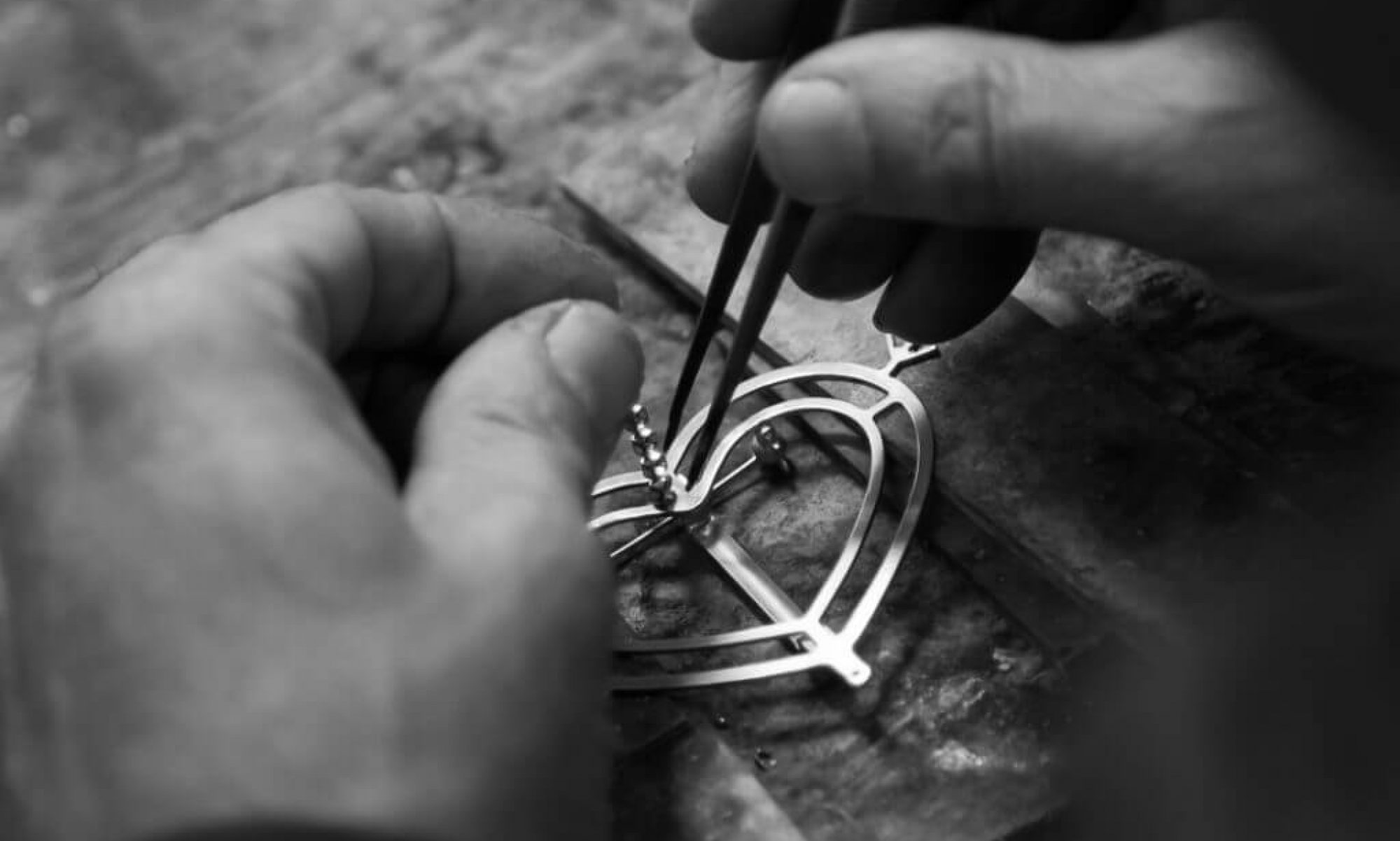T
he grounds of Tokyo’s Yoyogi Park have already been colonised by breathtaking young people: people under the cherry flowers enclosed by bottles of wine, sake and shochu, situations of alcohol and plastic bags full of hand foods â ingesting, doing offers and revealing smartphone screens given that buds bloom and autumn.
Hanami
(flower-viewing) functions are a centuries-old rite of springtime, a national representation of existence’s charm and brevity. But as I go by all of them this month, i cannot assist but wonder or no regarding the pink-faced revellers tend to be starting up, and even care adequate to decide to try.
”
Sexless Japan
” has become a dependable news meme. Bolstered by a plummeting birth price and an aging populace (ultimately causing serious forecasts of a future Japan lacking Japanese), this portrait associated with country’s celibate community happens to be more improved by a contradiction: Japan’s cultural imagination is actually inserted with erotic imagery, from 17th-century
shunga
woodblock prints as to what non-Japanese these days often incorrectly call
hentai
(perverse) adult yaoi porn manga and anime. The sex life associated with the Japanese, the story goes, have now been virtually entirely sublimated.
We as soon as composed about that trend (
sekkusu-banare
, wandering from intercourse)
with this web site
, and spoken of it in a BBC documentary also known as No gender Please, We’re Japanese. Both instances I was careful to imply understanding today evident: it’s not only happening in Japan.
Current reports from the
all of us
,
UK
and Germany additionally show dampening sex drives among the list of young, delayed marriages, a lot fewer children becoming born. Dimmed financial customers and economic insecurity thwart actual desire, while greater accessibility using the internet porno, matchmaking sims, video games therefore the dopamine levels of social media marketing siphon out desire’s gasoline: time and money. But regardless of their particular passports, the main inactives tend to be guys.
In Japan, virginal, intimately uninterested men have already been saddled with pejorative labels:
soshoku danshi
(passive grass-eaters),
otaku
(asocial geeks), and also at the darker end,
hikikomori
(shut-ins coping with and off their particular parents). At the best, they truly are represented as embarrassing loners raised into the afterglow of Japan’s postwar increase, redeemable merely through meagre acts of chivalry â a stereotype spawned because of the 2005 domestic success motion picture,
Practice Man
. At the worst, these are generally hopeless warning signs of the nation’s humiliating irrelevance. China is actually soaring, the usa is actually moving on, Japan is left out.
The University of Tokyo’s most recent study of Japan’s “virginity situation” centers on economic, local and generational information. Not surprising: the majority of the population’s sexless males (one in four young adults, by 2015) are not gainfully applied. They truly are either jobless or work on a part time basis and are now living in smaller cities or suburban/rural locations.
Money and flexibility issue to women, and they men have actually neither. (Data for same-sex couples in Japan isn’t but offered.)
What is striking may be the relatively lot of youthful person Japanese which, well within their 30s, have experienced some intercourse but offered it up, and from now on don’t have any desire for finding a romantic spouse after all. Dr Peter Ueda, among the research’s co-authors (and, at all like me, a ”
hafu
“: half-Japanese), informs me this particular is when cultural norms may be at play. Matchmaking (
omiai
) persisted in Japan through the boom years of the 1980s, once the task shifted from town elders to business supervisors. When you look at the twenty-first century, modernisation, westernisation, and the collapse of Japan’s financial “bubble” made arranged coupling superfluous.
“[Japanese] community isn’t as eager to produce married any longer,” Ueda says. “It really is more and more your personal obligation to fend yourself from inside the mating market.”
Japan is actually famously public;
wa
, team equilibrium, is prioritised. Standing out-by fending for yourself are dangerous business â like posting unpopular words or photos on Twitter and Instagram. Market bodily displays of affection have traditionally already been frowned upon. (no-one within my Japanese family members features ever before hugged me.) Handholding occurs, it isn’t common. Dating back to to Japan’s basic contact with westerners, the handshake continues to be an alien type of greeting: unhygienic, strange, kepted for foreigners. Bow and keep the length. Actually stating “I love you” in Japanese (
aishiteru
) is virtually verboten, uttered mostly as a tale (best to state
suki
: “I really like you ⦠lots”).
That may still generate Japan an ideal storm of our own sexless futures, where physical get in touch with and personal closeness are fluttering with the surface like countless cherry flower petals.
